




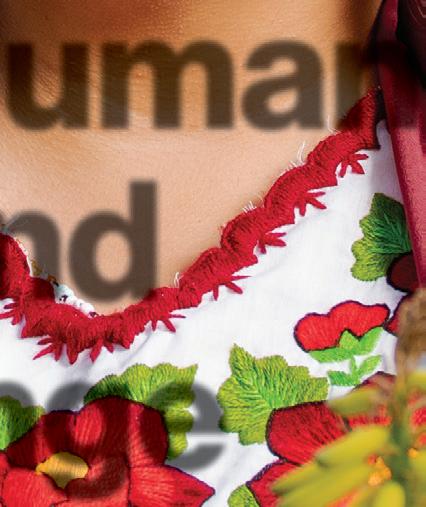

At Arizona State University’s School of Human Evolution and Social Change, we investigate what makes us human by using tools from anthropology, global health and environmental social science to approach the 21st-century challenges we face as a diverse and multicultural world.
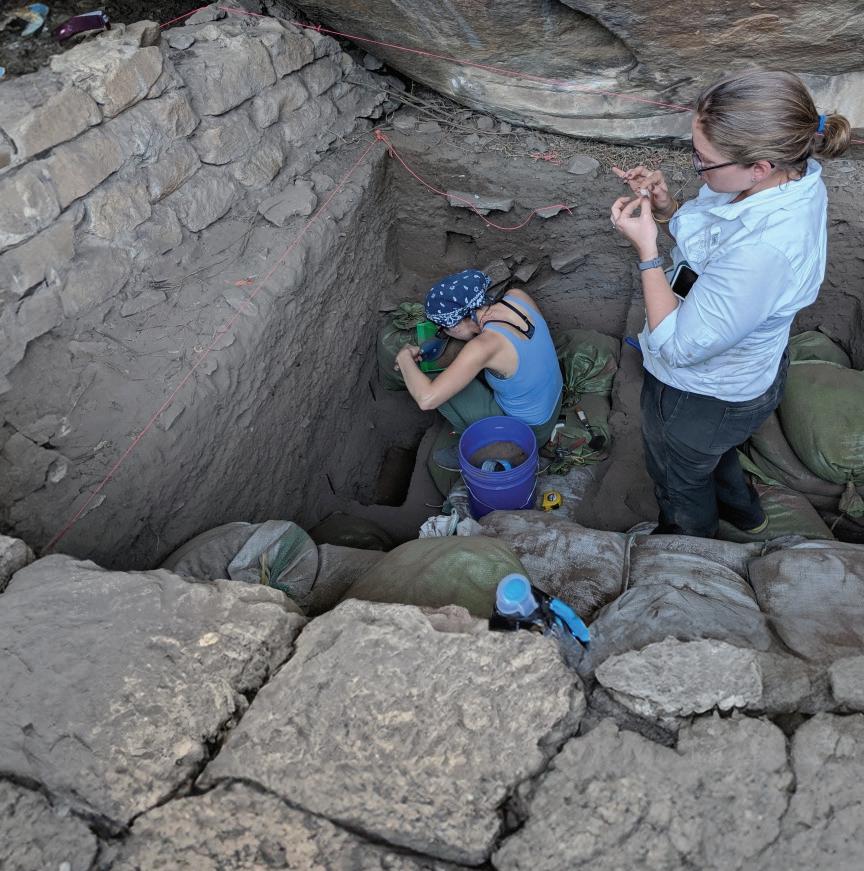
From our world-renowned faculty to our curious students, our community of learners and researchers are engaged in the science of the human experience – past, present and future. We are working together to understand the past to help create a happier, healthier and more sustainable world.
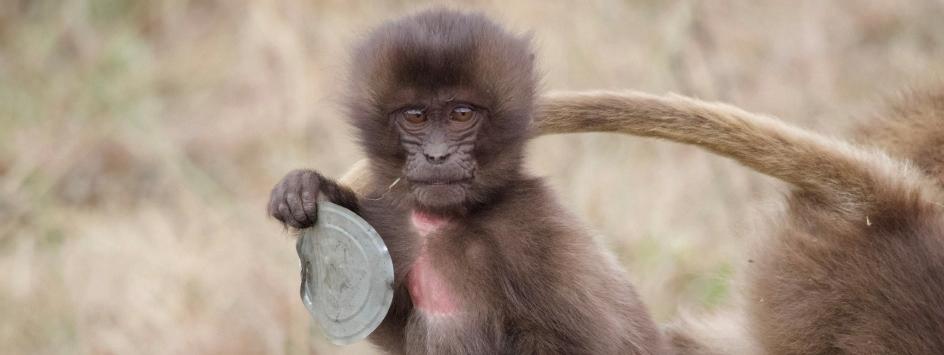
ASU team helps protect World Heritage Site ASU-led project alum brings together anthropologists, students, engineers and wildlife conservationists to clean up plastic trash left in a UNESCO World Heritage Site and turn it into income for communities in Ethiopia.
Our faculty and students conduct research that makes an impact both locally and among diverse global communities. From observing the behaviors of chimpanzees to addressing health concerns around the globe, our community of world-class researchers is working to understand our past to help create a better and brighter future.
Global impact
is happening through our research taking place in over 40 countries around the world.
12 labs, field sites
2 million+ specimens
Nationally and internationally and museums located around the world.
20
in our collection of ethnographic items, evolutionary artifacts, fossils and more. opportunities turn the world into the classroom for our students.
recognized faculty, including 5 members of the National Academy of Sciences.
9 research centers
Study abroad and labs housed within our school.
58
7:1
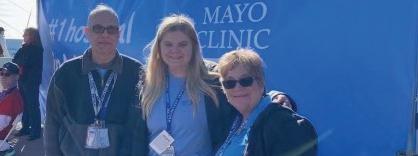
Global health students assist in field epidemiology exercise
ASU students jumped at the opportunity to be part of the Student Outbreak Response Team to assist local public health organizations with contact tracing e orts at the annual Phoenix Waste Management Open.
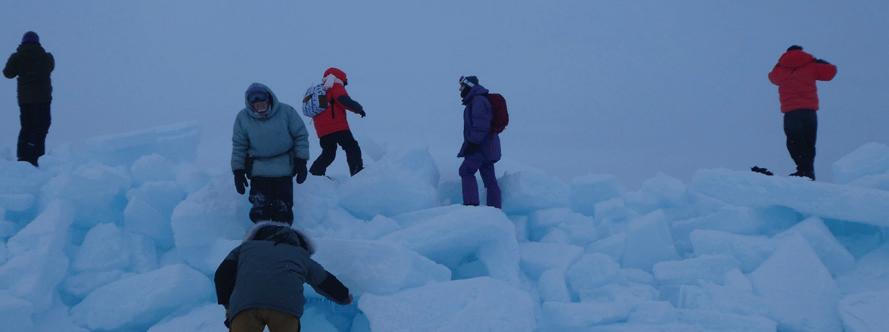
ASU team studies sea-ice change in the Arctic

287 graduate degrees awarded 2021-22 student-to -faculty ratio


faculty members undergraduate degrees awarded 2021-22

A team of researchers are working to understand the issues of sea-ice change for Arctic Indigenous communities, how the issues are communicated and how policy decisions are made by governing bodies.
Our a liated research centers enhance and expand the influence and output of our academic unit through collaboration at the community level, the international level and across disciplines.
Our centers
Center for Archaeology and Society
Center for Bioarchaeological Research
Center for Digital Antiquity
Center for Global Health
Teotihuacan Research Laboratory
Deer Valley Petroglyph Preserve
Nestled in the historic Hedgpeth Hills on the edge of Phoenix, the school manages this 47-acre nature preserve featuring more than 1,500 prehistoric petroglyphs.
Innovation Gallery
Housed on the ASU Tempe campus, our gallery is a public space to enjoy free, informative exhibits and programs related to our research and community.
We also share faculty and sta with Center for Evolution and Medicine
Center for Social Dynamics and Complexity Institute of Human Origins
shesc.asu.edu
When you support the School of Human Evolution and Social Change, you fuel student learning and research opportunities that address real-world problems, bringing the past to the present. Your support enables students to apply what they learn in the classroom to impact our local and global communities.
shesc.asu.edu/give
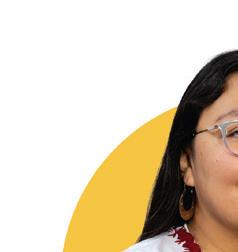
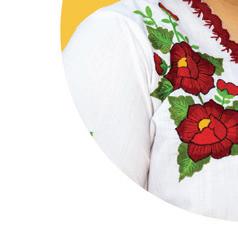
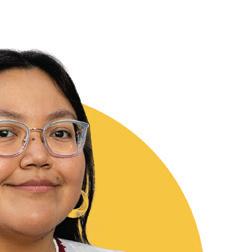
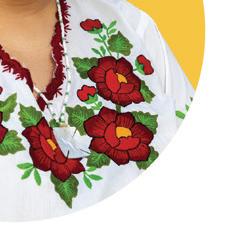
“I couldn’t have graduated without the support of my family, my community, my tribe, friends and the faculty and staff here at ASU. As a first-generation college student, I didn’t know what to expect coming here ... but the faculty and staff helped to provide me the tools to be successful so that I can give back to my community and my tribe. ”
– Catalina Alvarez Flores Anthropology alum 2022